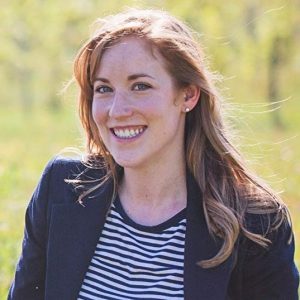Continuing Medical Education (CME) workshops play a crucial role in the professional development of healthcare providers. These workshops provide an opportunity for doctors, nurses, and other healthcare professionals to update their knowledge and skills in a rapidly evolving field. NRAP educational courses offer peer reviewed evidence-based education and training.
However, simply attending a workshop is not enough to maximize learning opportunities. To truly benefit from CME workshops, participants need to actively engage in the learning process. In this article, we will explore some tips for effectively engaging in CME workshops and getting the most out of the experience.

1. Set Clear Goals
Before attending a CME workshop, it is important to set clear goals for what you want to achieve from the experience. What specific knowledge or skills do you hope to gain? Are there any particular areas of interest or expertise that you want to focus on? By setting clear goals, you can tailor your learning experience to meet your specific needs.
2. Prepare in Advance
Preparation is key to maximizing learning opportunities in a CME workshop. Familiarize yourself with the workshop agenda, objectives, and any pre-work materials provided by the organizers. This will help you come prepared with the necessary background knowledge and enable you to actively participate in discussions and activities.
3. Actively Participate
Active participation is crucial for engaging in CME workshops. Take advantage of interactive sessions, group discussions, and hands-on activities to actively engage with the material and your fellow participants. Ask questions, share your experiences, and contribute to the discussions. This not only enhances your learning but also enriches the learning experience for others.
4. Network with Peers
CME workshops provide an excellent opportunity to network with peers and experts in the field. Take advantage of the breaks and social events to connect with other participants and build professional relationships. Engaging in conversations and exchanging ideas with others can broaden your perspective and expose you to different approaches and practices.
5. Reflect and Apply the Learning
Reflection is a powerful tool for maximizing learning opportunities. Take the time to reflect on what you have learned during the workshop and how it can be applied to your practice. Identify areas where you can implement the new knowledge or skills and develop an action plan to integrate them into your work.
